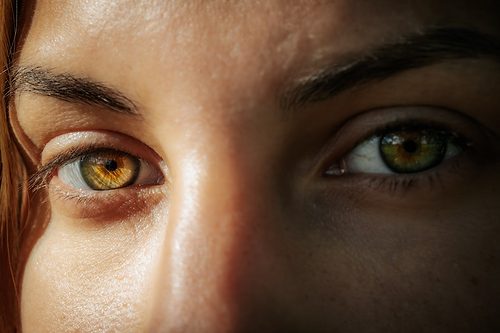Articles Tagged with ''depressive_disorder''
Neurostimulation Devices for Depression: An Overview
James Recht, MD
Psychiatrist based in Cambridge, MA
Dr. Recht has disclosed that he had no relevant relationships or financial interests in any commercial company pertaining to this educational activity.
Read More
Fisher Wallace and Alpha-Stim for Depression? Claims vs Evidence
Gregory L. Sahlem, MD
Clinical instructor of Psychiatry and Behavioral Sciences, Medical University of South Carolina
Dr. Sahlem has disclosed that the has no relevant relationships or financial interests in any commercial company pertaining to this educational activity.
Jeffrey J. Borckardt, PhD
Associate Professor and Director of the Biobehavioral Medicine Division, Brain Stimulation Laboratory and Biobehavioral Medicine Division, Medical University of South Carolina
Dr. Borckhardt has disclosed that he has no relevant relationships or financial interests in any commercial company pertaining to this educational activity.
Read More
Which TMS Device Should You Buy?
Daniel Carlat, MD
Editor-in-Chief, Publisher, The Carlat Report.
Dr. Carlat has disclosed that he has no relevant relationships or financial interests in any commercial company pertaining to this educational activity.
Read More
Reflections on the Past and Future of TMS
Mark George, MD
Distinguished University Professor, Layton McCurdy Endowed Chair, Director, Brain Stimulation Laboratory
Dr. George discloses that he is an unpaid consultant to Brainsonix, Brainsway, Cerval/Neostim, Mecta, Neuronetics, NeoSync, Nervive, and Puretech Ventures. Dr. Carlat has reviewed this interview and found no evidence of bias in this educational activity.
Read More
The Practice of Interventional Psychiatry
Nolan Williams, MD
Instructor, Psychiatry and Behavioral Sciences, Stanford University
Dr. Williams has disclosed that he has no relevant financial or other interests in any commercial companies pertaining to this educational activity.
Read More

_-The-Breakthrough-Antipsychotic-That-Could-Change-Everything.jpg?1729528747)



